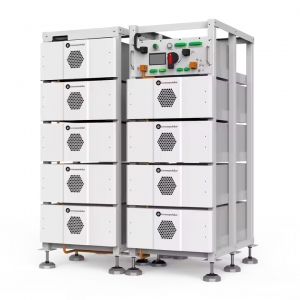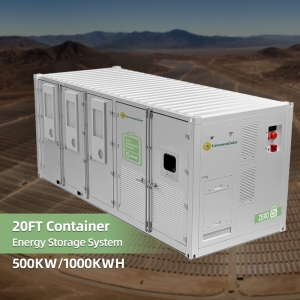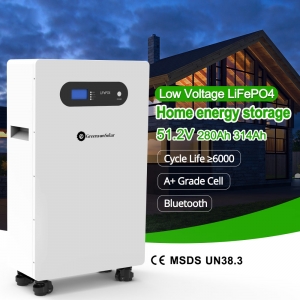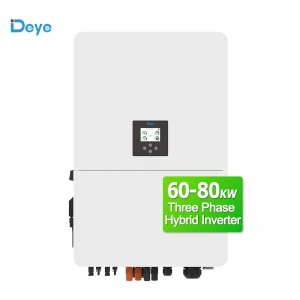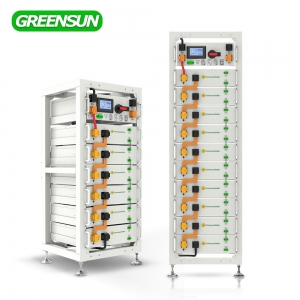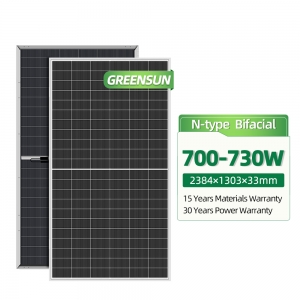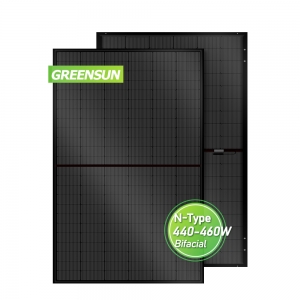
According to different applications, solar photovoltaic energy storage power generation systems are divided into four types: photovoltaic off-grid power generation system, off-grid energy storage system, photovoltaic grid-connected energy storage system, and micro-grid energy storage system.
Photovoltaic energy storage systems require energy storage batteries for energy storage for night and rainy days. Lithium iron phosphate batteries are now more widely used in energy storage systems.
A lithium iron phosphate battery, abbreviated as LFP, refers to a lithium battery technology using LiFePO4 as an anode. Since its inception in 1996 by NTT (Japan), it has been recognized as the safest lithium battery technology.
LFP has a long life of more than 3,500 times. Among all lithium battery technologies, its life ranked first. The energy density of the LFP battery is around 200 kWh/m3. LFP also shows the advantages of fast charge/discharge response. The minimum charging time of a 100% discharge depth LFP battery is about 2 hours. It maintains nearly 100% capacity during short discharge operations. This good operating characteristic makes LFP an ideal technology for fast response systems such as frequency control.
 8618715108506
8618715108506 manager@greensunpv.com
manager@greensunpv.com solar Greensun
solar Greensun





